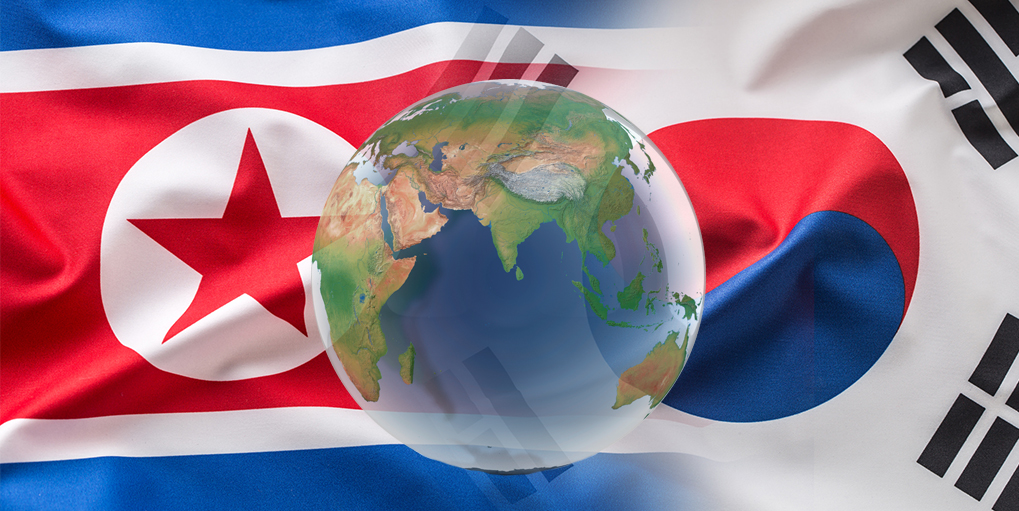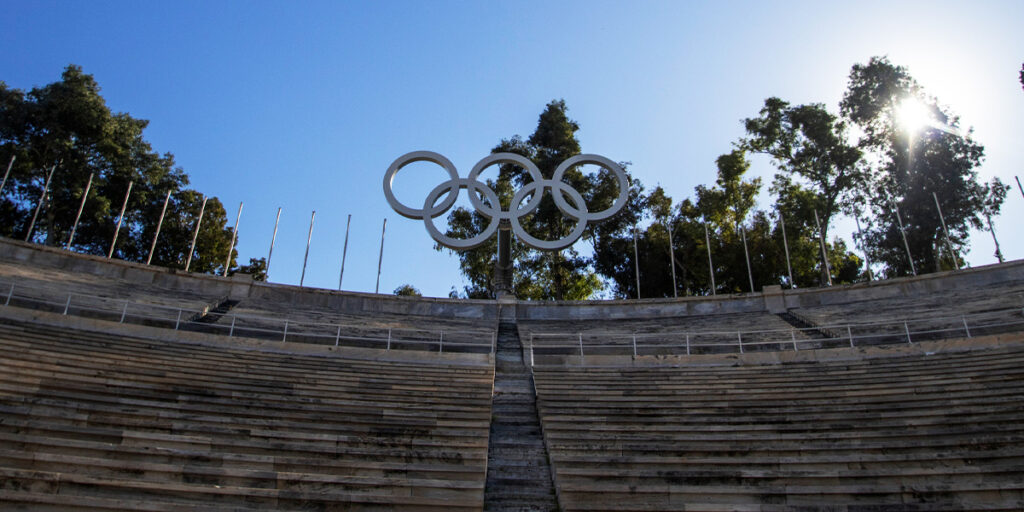Discussions to Formally End the Korean War
“The future ain’t what it used to be…”
That’s one of my favorite of many Yogi Berra quotes. But it sure seems true about 2018. Or does it? A new era of peace along the Korean peninsula was announced Friday, as South and North Korea engaged in discussions to formally put an end to the 7-decade long Korean War. This is no small development. This could be huge. It was simply unimaginable just 8 short months ago when missile tests were becoming the norm from North Korea last Summer. It looked as though the Pacific was on a collision course to nuclear war. All of a sudden, the future in fact “ain’t what it used to be.” But it begs the question, what be the future? That is such an important question to get right. There just aren’t enough pieces to this puzzle visible yet. The story lines keep changing.
Possible Denuclearization of the Korean Peninsula
This week the 2 Korean nations made history along the shared border. South and North Korea formally agreed to actively seek the support and cooperation of the international community for the denuclearization of the Korean Peninsula. Kim Jong Un became the first North Korean leader to set foot on South Korean soil. This agreement follows a rapid thawing of tensions which began ahead of the Winter Olympics. Economically, North Korea has very little impact around the world, in terms of production. However, South Korea is critical to the global supply chain and many manufacturers are located close to the border. This is an incredible turn of events. The question now is whether the commitment will lead to lasting change. Previous agreements have collapsed over inspections, weapons tests and disputes over economic aid. A great deal of skepticism is baked into this question.
The North Korean leader plans to meet with President Trump in the coming weeks, which would be the first summit between a North Korean leader and a sitting American President. It remains to be seen what that meeting looks like, where it takes place, and who will be in attendance. What does North Korea want in negotiations and what would the United States be willing to give up? The North Korean press release following the joint Korean agreement had some interesting words directed at the United States. “What is needed for the U.S. is to learn how to observe good manners and how to respect the party concerned, not resorting to high-handed practices and arrogance,” the piece said. The stakes are so high, with North Korea reportedly close to developing a long-range missile capable of delivering one of his estimated 60 nuclear bombs to any city in the U.S. We have held the belief that Kim Jong Un’s strongest position is having nuclear weapons and never using them. Does Kim really plan to give them up? It doesn’t seem likely. Both Korean leaders said they would hold military talks next month and seek a “phased disarmament”. It’s not clear what that means exactly.
Changes in European Thinking
There has been quite a switch in the European Union leadership. French President Emmanuelle Macron has become Europe’s new face of globalization. The trend towards populism in the wake of Brexit and the America First campaign has gained momentum in other nations, most notably Germany. Germans have turned inward as well. German Chancellor Angela Merkel, once viewed as the leader of the EU, has seen her power shrink on the continent as well as in her own nation. She was at the White House Friday. It was a much different engagement than French President Emmanuel Macron’s. The French and American President spent 3 days together and embraced each other early and often. Merkel spent just 3 hours at the White House. Global trade, climate change and the future of the Iranian agreement remain sticking points. The German Chancellor has a much cooler relationship, with both Presidents. US-European relations have been strained of late. You know China, Russia, Iran and North Korea know this, and find a certain enjoyment in it. The future for a unified European continent and western alliances ain’t what they used to be.
As it turns out, the future has been changing since day 1. On this day, in 4977 B.C., the universe was believed to have been created, according to the 17th century German mathematician and astronomer Johannes Kepler, considered a founder of modern science. However, scientists in the 20th century developed the Big Bang theory, which showed that Kepler’s calculations were off by roughly 13.7 Billion years. Apparently, the past ain’t like it used to be either…
Prospects for Increased Harmony Around the Globe
The Market seems to like the prospects for increased harmony around the globe. But it comes with a very guarded optimism. After getting smoked in the month of April, the Bond Market saw a decent flow of money back in on Friday. Risk is still being priced in. The US economy grew faster in Q1 than initially thought. Corporate earnings are proving quite strong too. The sustainability of the growth is what matters most. Geopolitical issues do influence economic growth. Things are still far from perfect below the Market surface, which leads us to believe that there is more to go in this correction and a re-test of the February lows is still likely. We’re all over it.
Have a nice weekend. We’ll be back, dark and early on Monday.
Mike







